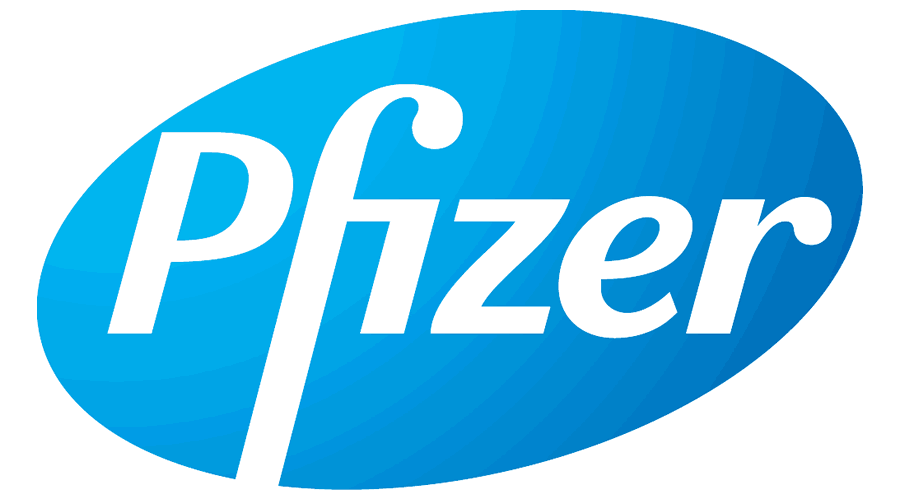CDC Releases Allergy Guidelines for COVID-19 Vaccine
Those with a history of severe allergic reaction to vaccines are recommended to consider deferring on the recently approved COVID-19 vaccine.

The US Centers for Disease Control and Prevention (CDC) has issued new guidelines for the first vaccine to gain US Food and Drug Administration (FDA) approval for the coronavirus disease 2019 (COVID-19) regarding patients with a history of severe allergic reactions.
The guidelines come just a few days after the FDA granted an Emergency Use Authorization (EUA) to Pfizer and BioNTech for BNT162b2 to use in patients at least 16 years old.
The approved regimen for the lipid nanoparticle-formulated, nucleoside-modified mRNA vaccine that encodes the prefusion spike glycoprotein of SARS-CoV-2consists of 2 doses (30 μg, 0.3 mL each) administered intramuscularly 3 weeks apart.
On December 12, the Advisory Committee on Immunization Practices (ACIP) issued an interim recommendation employing the Evidence to Recommendation (EtR) Framework,† using the Grading of Recommendations, Assessment, Development and Evaluation (GRADE) approach.
The recommendations for the vaccine are intended to be implemented in conjunction with ACIP’s interim recommendation for allocating initial supplies of COVID-19 vaccines and will be updated as additional data becomes available.
In the guidelines, individuals with immunocompromising conditions, pregnancy, and lactation should proceed with vaccination, but include additional counseling and a 15-minute observation period.
For individuals with moderate or severe acute illness, they should conduct a risk assessment, consider a potential deferral of vaccination, and include a 15-minute observation period if they are vaccinated.
Patients with a History of Allergies
For patients with a history of food, pet, insect, venom, environmental, latex and other allergies the guidelines recommend proceeding with vaccination, but including a 15-minute observation period.
This advice is also true for patients with a history of allergies to oral medications, including the oral equivalent of an injectable medication, non-serious allergies to vaccines or other injectables, and a family history of anaphylaxis.
However, for patients with a history of severe allergic reactions to another vaccine or a history of severe allergic reactions to injectable medications, the CDC recommends risk assessments, the potential deferral of vaccination, and a 30-minute observation period if vaccinated.
The CDC also recommends those with a history of severe allergic reactions to any component of the Pfizer-BioNTech vaccine not to receive the vaccine.
Caution Warranted
Last week, British regulators spoke out regarding the potential use of the vaccine among patients with a history of severe allergic reactions.
The reports have prompted Britain’s Medicines and Healthcare products Regulatory Agency (MHRA) to advise those with a history of severe allergies against vaccination.
“As is common with new vaccines the MHRA (regulator) have advised on a precautionary basis that people with a significant history of allergic reactions do not receive this vaccination, after two people with a history of significant allergic reactions responded adversely yesterday,” said NHS medical director Stephen Powis.
Briefing documents released by the US Food and Drug Administration (FDA) indicated that 0.63% of participants in the vaccine group and 0.51% in the placebo group reported possible allergic reactions in the trials, numbers which Peter Openshaw, Professor of Experimental Medicine at Imperial College London, acknowledged to be very small.
Emergency Use Authorization
The EUA was granted based on data from an ongoing, real-world, multinational phase 2/3 assessment of the mRNA vaccine versus placebo in the indicated age group. The data, shared by the FDA prior to the Vaccines and Related Biological Products Advisory Committee (VRBPAC) meeting for BNT162b2 on Thursday and submitted with the EUA application in November, showed a 95% overall vaccine efficacy among treated participants without previous SARS-CoV-2 infection prior to 7 days after their second dose of the vaccine.
At the time of their EUA submission, Pfizer had reported just 8 COVID-19 cases among the 18,198 eligible participants given the vaccine, versus 162 among those given placebo.
In a peer-reviewed article of the trial data published on The New England Journal of Medicine Thursday, investigators stressed the findings carry significance beyond overall performance of the vaccine.
"The results demonstrate that COVID-19 can be prevented by immunization, provide proof of concept that RNA-based vaccines are a promising new approach for protecting humans against infectious diseases, and demonstrate the speed with which an RNA-based vaccine can be developed with a sufficient investment of resources," they wrote.
As they noted, BNT162b2 was initiated on January 10 of this year, at the time of the China government's release of the SARS-CoV-2 sequence.
Creation of the Vaccine
The mRNA vaccine platform is novel in regulated use, but has been under investigation for nearly 2 decades. As William Schaffner, MD, professor of Prevention Medicine at the Vanderbilt University Medical Center told Contagion, the expedited progression of COVID-19 mRNA vaccines including BNT162b2 and Moderna’s mRNA-1273 are preceded by 10-15 years’ worth of clinical assessment.
As for those considered “at-risk” for COVID-19, defined as having ≥1 Cahrlson comorbidity index item or body mass index (BMI) of ≥30, the vaccine was associated with 95.4% efficacy (95% CI, 87.8-98.8).
“At-risk” patients aged ≥65 years were associated with a 91.7% vaccine efficacy (95% CI, 44.2-99.8), though the investigators acknowledge this population was too small to make an absolute determination.
Data from the trial currently indicates that the 2-dose regimen was 95% effective overall (95% CI, 90.3–97.6), with a greater efficacy seen in those aged 16-55 years old (95.6%; 95% CI, 89.4-98.6) than those >55 years old (93.7%; 95% CI, 80.6-98.8).
As per Pfizer’s available phase 2/3 data, solicited adverse events in the 7 days following vaccination were fairly common among trial participants. Common solicited local reactions included injection site pain, swelling, and redness. Common solicited systemic events included fever, fatigue, headache, chills, vomiting, diarrhea, and new or worsened muscle joint pain.
In response to the symptoms possibly giving would-be patients pause, Schaffner stressed the impossibility of getting COVID-19 from the vaccine.